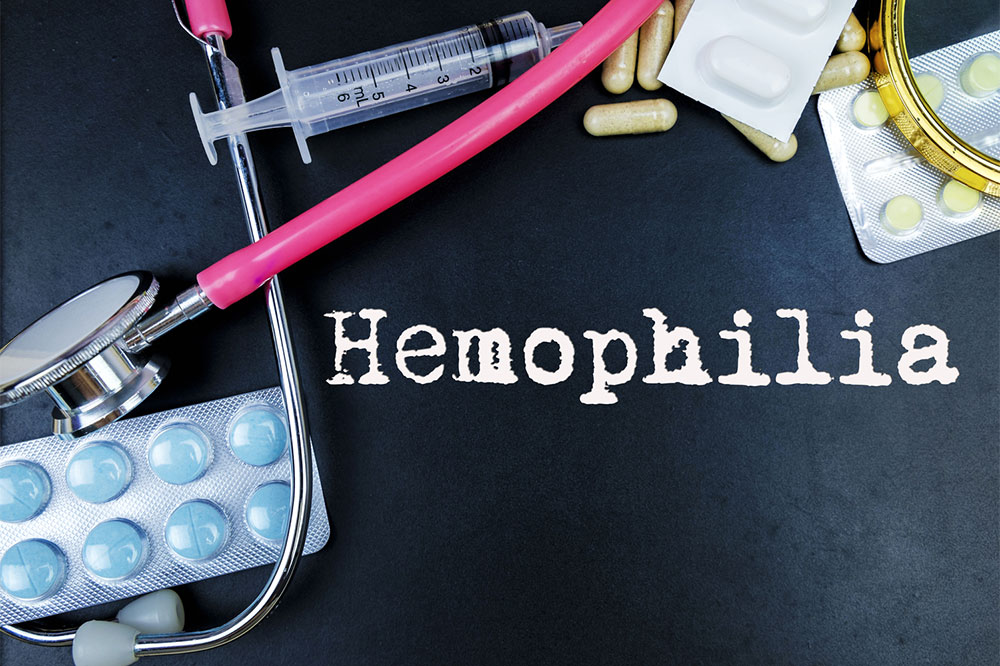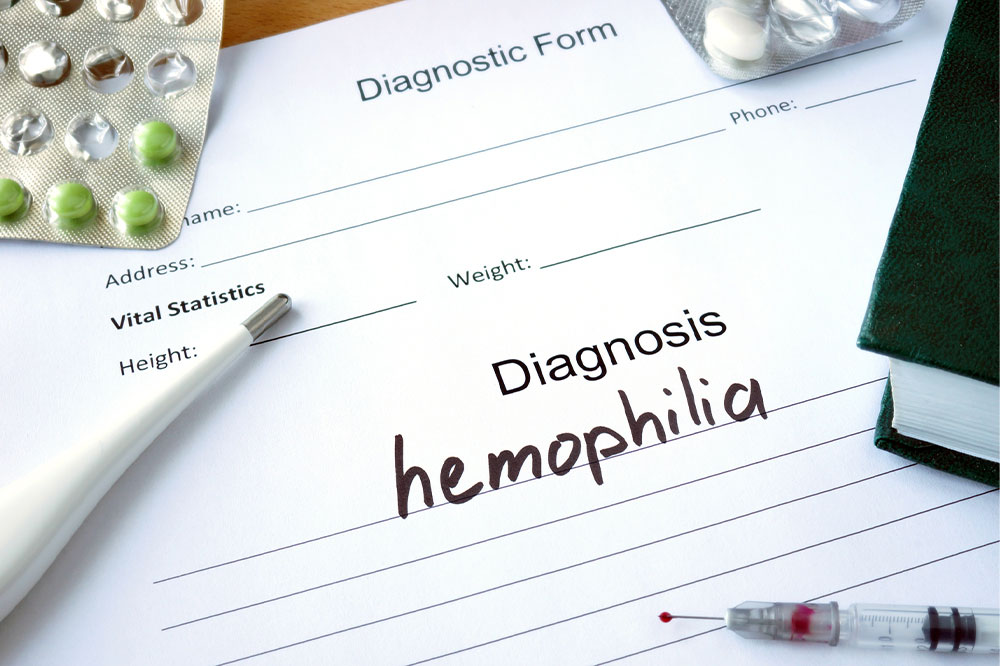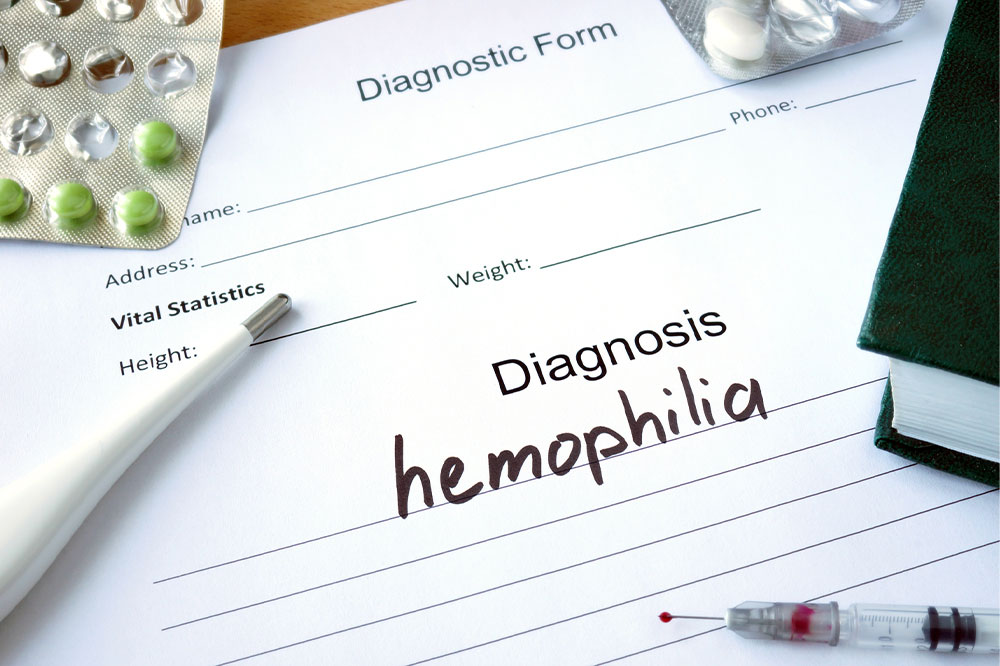Effective Strategies for Managing Hemophilia
Learn effective strategies to manage hemophilia, including regular check-ups, safe exercise, child safety, oral hygiene, and medication precautions. These tips help improve quality of life and prevent complications associated with this bleeding disorder.

Effective Strategies for Managing Hemophilia
Hemophilia is a hereditary bleeding disorder that impairs the blood's ability to clot properly, leading to frequent bleeding episodes. Managing this condition requires careful attention from patients and caregivers to prevent complications. Implementing certain lifestyle practices can enhance quality of life and facilitate better disease control. Here are five essential tips:
Maintain Regular Medical Check-Ups
Routine medical evaluations are crucial for monitoring hemophilia. Patients should schedule annual tests and seek immediate care if symptoms worsen. This includes vaccination to prevent infections transmitted through blood, ensuring overall health is safeguarded.
This proactive approach helps identify issues early and reduces risks associated with bleeding.
Engage in Safe Physical Activity
While high-impact activities pose injury risks, staying physically active is beneficial. Light aerobic exercises and stretching help control weight, support joint health, and prevent weakness. Always choose activities that minimize injury potential.
Ensure Child Safety
Children with hemophilia are naturally active and curious. Creating a safe home environment by removing hazards and using protective gear like helmets and pads reduces injury risks. Supervised play is essential to balance activity with safety.
Proper safety measures enable children to remain active without compromising their health.
Prioritize Oral Hygiene
Good dental care is vital for bleeding disorder patients. Regular brushing, flossing, and dental check-ups help prevent gum infections and bleeding caused by dental issues. Post-procedure care is equally important to avoid complications.
Limit Use of Certain Medications
Patients should avoid medications that thin blood, such as aspirin or ibuprofen, unless prescribed by a doctor. Consulting healthcare professionals before taking any drugs ensures safe management. Acetaminophen is usually recommended for pain relief in hemophilia patients.
Note: The information shared on this platform aims to educate and inform readers. While our team conducts thorough research, it should not replace professional medical advice. Always consult healthcare providers for treatment plans. The site may not cover all available therapies or offers, so verify with specialists for personalized care.










